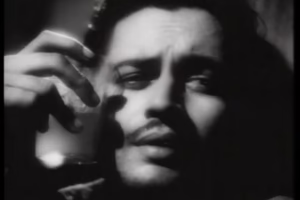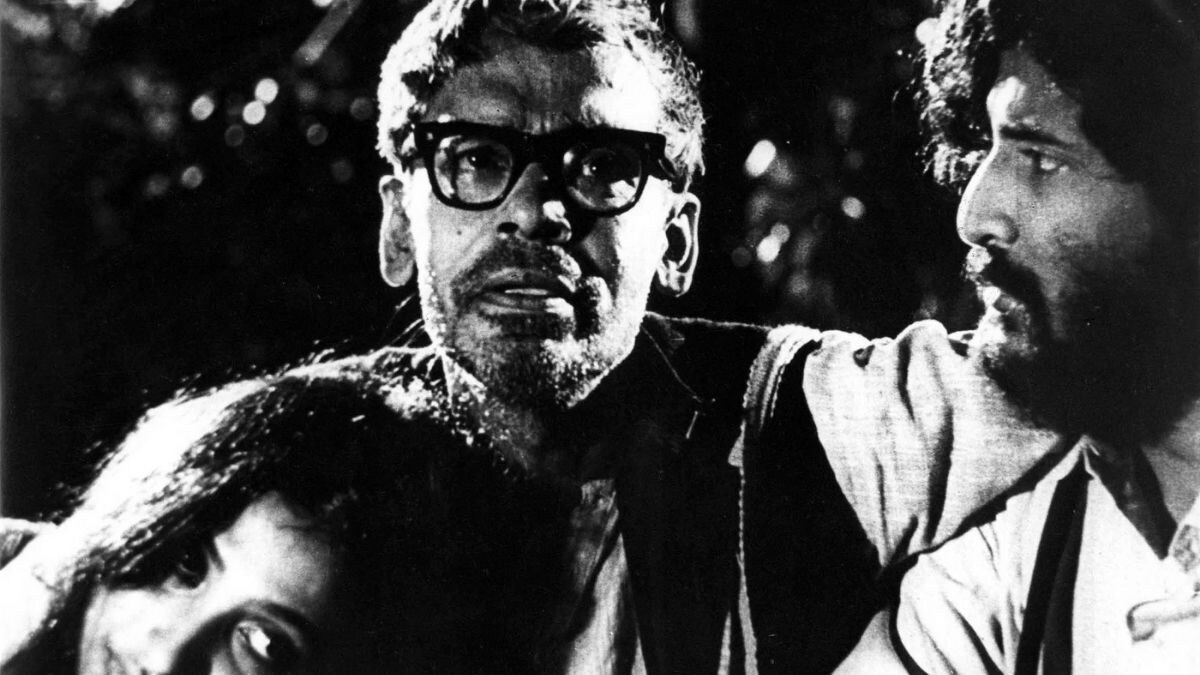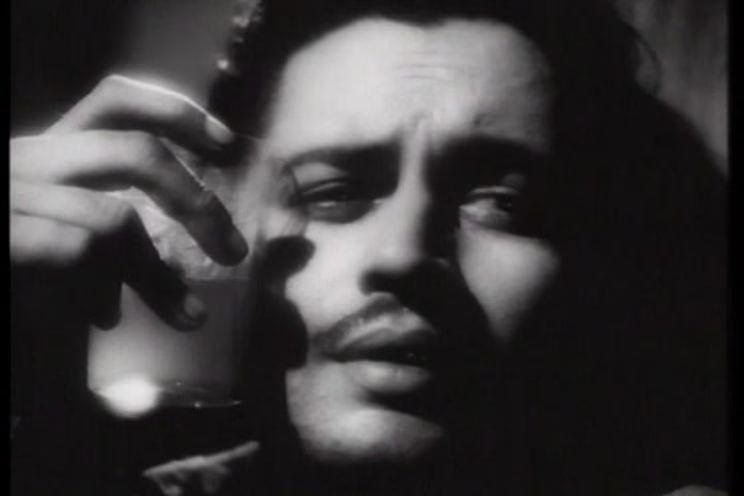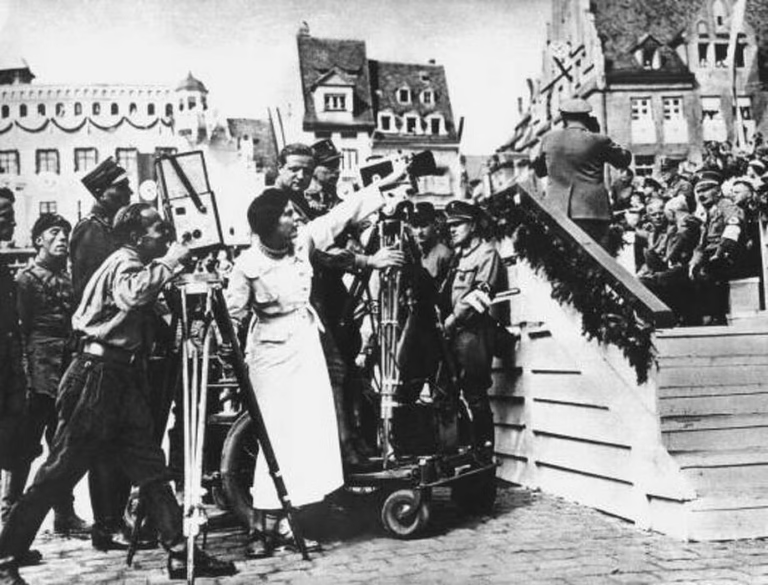In a controversial move, a Kolkata school canceled the screening of two films by legendary filmmaker Ritwik Ghatak following objections from local Trinamool Congress (TMC) leaders. The event, organized by the cultural group Setu to mark Ghatak’s birth centenary, was set to take place at Naktala High School on February 10. However, on February 5, a TMC councillor intervened, pressuring the school authorities to withdraw permission.
The films scheduled for screening—Amar Lenin and Komal Gandhar—both hold strong political and cultural significance. Amar Lenin, in particular, directly references the revolutionary figure, which some suspect was the reason behind the objections. Initially, the school’s headmaster resisted, but after repeated persuasion from local TMC functionaries, the event was called off.
Following this setback, Setu attempted to relocate the screening to Bohni, a local club, which initially agreed but later withdrew permission, allegedly under similar political pressure. In response, the organizers announced plans for an open street screening of the films as a protest against the interference.
The incident has reignited debates over political interference in cultural affairs and the shrinking space for free artistic expression in West Bengal. With Ghatak’s films known for their deep engagement with history, displacement, and revolutionary ideals, the shelving of the screening raises serious questions about the state’s tolerance for diverse political narratives in art and cinema.
Setu and other cultural groups are expected to continue their efforts to screen Ghatak’s works, with many arguing that such incidents only reinforce the urgency of keeping his films accessible to the public.


















